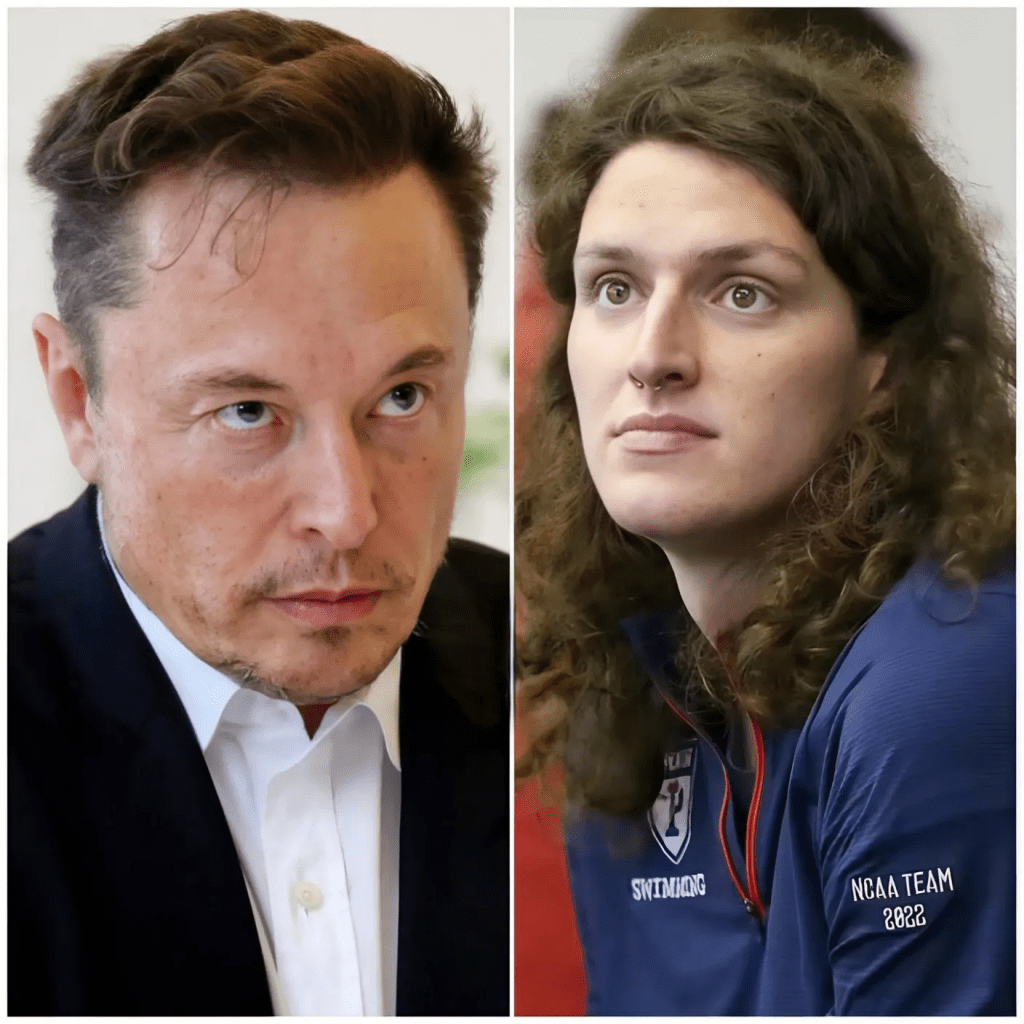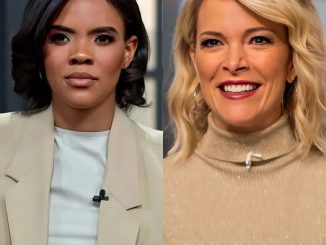
Elon Musk’s Controversial Statement on Biological Men in Women’s Sports Sparks Intense Debate
Elon Musk, the billionaire entrepreneur and CEO of Tesla and SpaceX, has recently stirred a heated and widespread debate on social media and beyond with his bold statement about biological men’s participation in women’s sports. Musk voiced his concerns on Twitter, expressing his belief that allowing biological men to compete in women’s sports undermines fairness and the integrity of competition. His comments have drawn significant attention, sparking strong reactions from both supporters and critics across various sectors of society.

The Debate on Fairness and Inclusion in Women’s Sports
Musk’s statement comes at a time when the discussion surrounding the inclusion of transgender and biological male athletes in women’s sports has gained considerable momentum. In recent years, the number of athletes participating in women’s events who were born male but identify as female has risen, fueling ongoing debates about fairness and inclusion. Musk has voiced his belief that allowing biological males to compete in women’s sports introduces an uneven playing field, particularly in physically demanding disciplines where biological males may have inherent advantages in strength, speed, and endurance.

Proponents of inclusion argue that all athletes, regardless of gender identity, should have the right to compete in sports and that transgender athletes should be allowed to participate based on their gender identity. They contend that sports should be a space for equality and the recognition of diverse identities, ensuring that every individual has the opportunity to compete and succeed, regardless of their background. Musk’s critics, however, believe that these arguments fail to account for the potential physical advantages that biological males may possess in competitive events, which could compromise the fairness of the competition.
Biological Differences and Competitive Integrity: A Growing Concern

The growing involvement of transgender athletes in women’s sports has prompted significant discussion, particularly in elite and highly competitive events where victories often come down to marginal differences in performance. Musk’s statement has underscored concerns about the potential impact of biological differences on the integrity of women’s sports. Critics argue that physical advantages, such as greater muscle mass and faster reaction times, could put biological males at an unfair advantage, leaving female athletes with fewer opportunities to succeed.
While the issue remains divisive, the key point of contention is whether gender identity should take precedence over biological differences in competitive sports. Musk’s supporters argue that to maintain the integrity of women’s sports, biological males should not be allowed to compete against females, as it could potentially skew the outcomes of competitions. However, those in favor of inclusion counter that denying transgender athletes the opportunity to compete based on their gender identity is discriminatory and infringes on their rights.
Musk’s Call for Boycotting Events Sparks Mixed Reactions
Musk’s call for a boycott of events featuring biological males competing in women’s sports has resonated with some individuals, particularly those who value the integrity of competition and want to ensure that women’s sports remain fair. Many supporters of Musk’s position believe that biological males have inherent advantages that put women at a disadvantage, especially in physical sports like track and field, combat sports, and others where strength plays a pivotal role. Musk’s comments have sparked a wave of support from people who feel that women’s sports need to be protected and preserved.
On the other hand, critics of Musk’s position argue that his statements are harmful and discriminatory towards transgender athletes. They assert that creating barriers for transgender individuals to participate in women’s sports further marginalizes an already vulnerable community. For them, the focus should be on promoting inclusivity and ensuring that all athletes, regardless of gender identity, are treated fairly and given equal opportunities to compete.
Gender, Equity, and Human Rights: The Bigger Picture
This ongoing controversy is unlikely to be resolved anytime soon, as it touches on complex and deeply ingrained societal issues surrounding gender identity, equity, and human rights. As the debate continues, both sides are likely to advocate for their positions, attempting to find a balance that respects the rights of transgender athletes while also ensuring fairness and integrity in women’s sports. Musk’s statement has added another layer to the discussion, highlighting the complexity of navigating sensitive topics like gender identity and the future of competitive sports.

Ultimately, the debate raises important questions about how society can reconcile inclusivity with fairness in sports. How can we ensure that all athletes have a level playing field while also respecting their identities and personal rights? Musk’s comments have ignited a conversation that will likely continue to evolve, as both sides of the debate seek a solution that satisfies the needs of athletes, competitors, and society at large.
Conclusion: Navigating the Future of Women’s Sports
Elon Musk’s controversial statement on biological men in women’s sports has significantly contributed to the ongoing conversation about fairness, inclusion, and the future of competitive sports. The debate is far from over, and as more voices join the discussion, it will be important to find a way to address the complex issues at hand. Striking a balance between inclusion, fairness, and protecting the integrity of women’s sports is no easy task, but it is one that society must continue to grapple with as these issues become more prominent in the world of athletics. As we look ahead, it remains to be seen how these debates will shape the future of sports and the treatment of transgender athletes within them.


